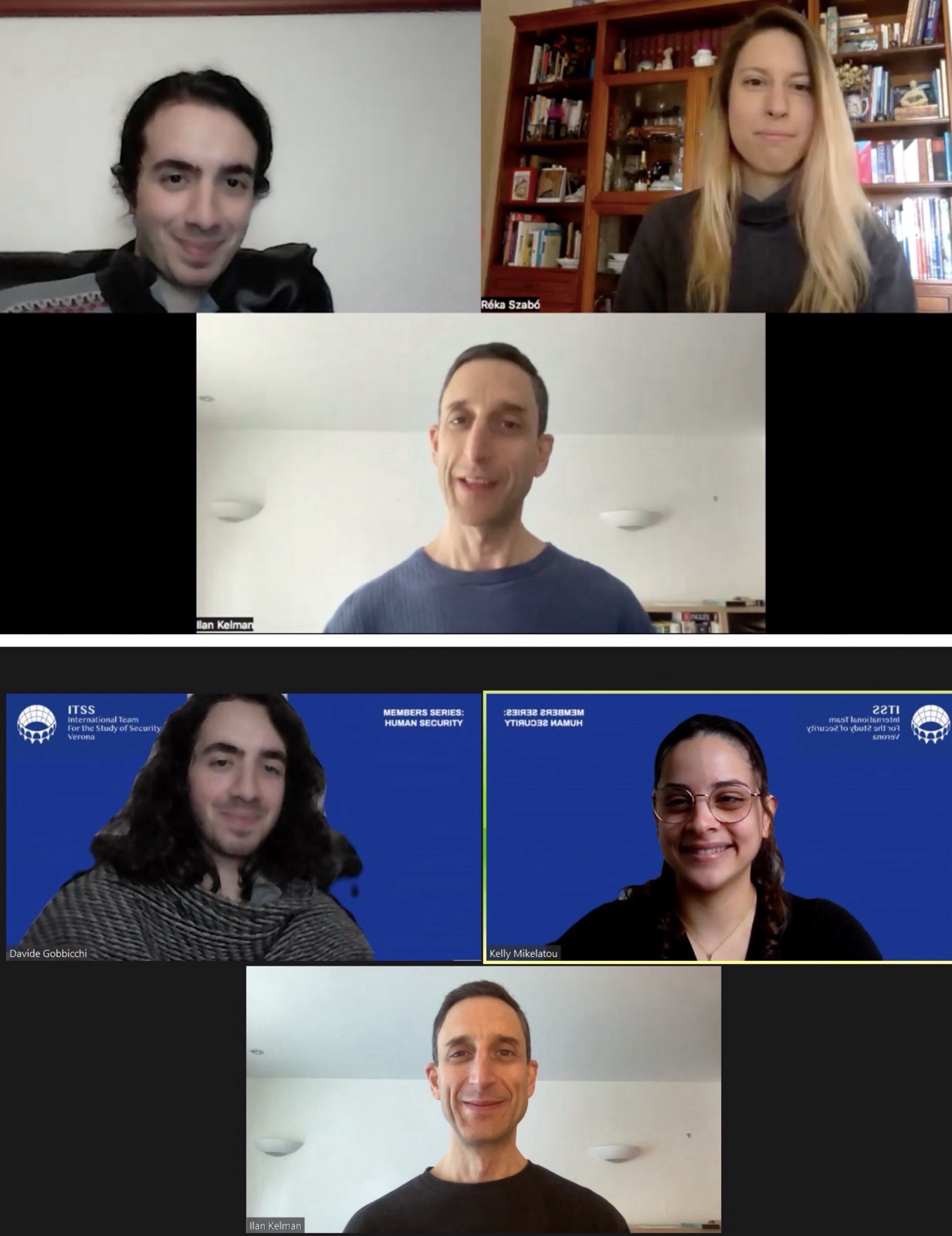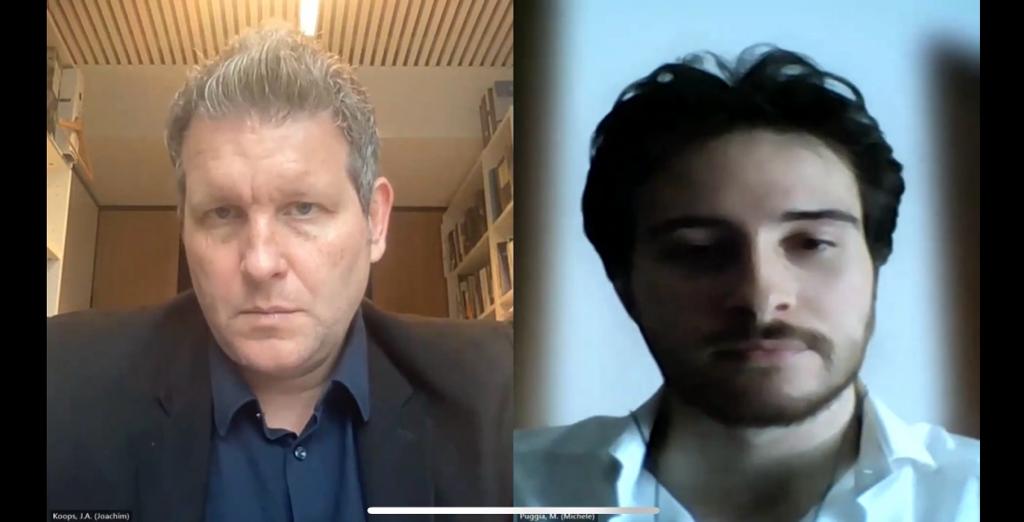Professor Ilan Kelman is a Professor of Disasters and Health at University College London, England and Professor II at the University of Agder, Kristiansand, Norway.
This interview is divided into two parts. In the first episode, Davide Gobbicchi and Réka Szabó interview Professor Ilan Kelman about the impact of climate change on small island countries, with a specific focus on the Maldives. The interview touches upon the case of Bangladesh as well, since the country is extremely vulnerable to rising sea levels. Professor Kelman sheds light on the complexity and unpredictability of climate change. He also emphasizes the agency of the impacted countries in managing the consequences of climate change related to human security such as forced migration or conflict.
Interviewer: Réka Szabó and Davide Gobbicchi - Human Security Team
The second episode dives into the complex relationship between climate change and conflict. Professor Ilan Kelman analyzes evidence and deconstructs historical narratives surrounding climate change as a direct cause of conflict. Following a broad overview, the discussion delves into case studies of Syria and Sudan, exploring the UN's role in addressing these intricate dynamics.
Interviewer: Kelly Mikelatou and Davide Gobbicchi - Human Security Team

